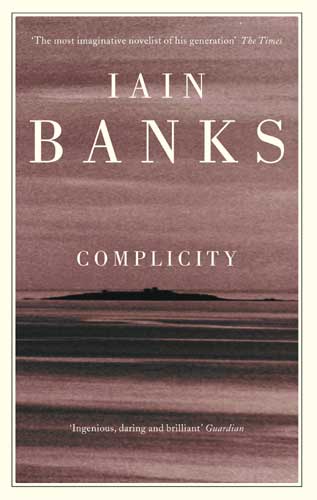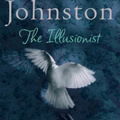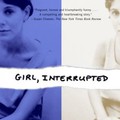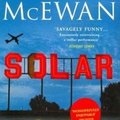Iain Banks: Complicity
 Iain Banks is a great moralizer. All his books I’ve read so far (mostly science fiction novels, apart from The Wasp Factory) were full of „big” moral issues so I wasn’t surprised to find that Complicity is also a heavily moralizing fable.
Iain Banks is a great moralizer. All his books I’ve read so far (mostly science fiction novels, apart from The Wasp Factory) were full of „big” moral issues so I wasn’t surprised to find that Complicity is also a heavily moralizing fable.
In this novel the characters contemplate the way modern capitalist societies work, and they try to decide whether one is allowed to punish those money- and power-grabbing, immoral businessmen, politicians, doctors and public figures who ignore common people and feel free to walk through everyone in order to attain their goals.
The protagonist and narrator of the novel is Cameron Colley, a gonzo journalist, who keeps referring to and comparing himself to his hero, Hunter S. Thompson – but in fact he only resembles Thompson in the sense that he is destroying his mind and body with all the addictive substances available to him (drugs, cigarettes, alcohol, computer games) with a Thompson-like dedication and enthusiasm. Otherwise he’s far from being a really Hunter-like mad-gonzo figure – perhaps because basically he’s a typical screwed-up liberal arts-sucker: an idealist pretending to be a cynic, who honestly believes that, for instance, he can make the world a better place by writing investigative articles for a newspaper. (By the way, I deeply appreciate and respect this way of thinking.)
At the beginning of the story, Cameron is working on a big issue: a mysterious informer keeps calling him up and tells him some details about the circumstances of a couple of strange murders which happened some years ago and which might have been interconnected. Cameron is trying to get ahead with this case, but in the meantime, there’s another murder series in the present tense of the story as well: some rich and powerful public figures are murdered, and after a while Cameron becomes the prime suspect since he happened to write a disparaging article about these figures some time earlier, and his alibi for the time of the murders is rather shaky.
I guess it’s not a big surprise that the murderer is not Cameron but a self-appointed avenger who hates capitalist society just as much as Cameron does, however, as opposed to the journalist, he doesn’t only hate it in theory but is willing to perform some harsh measures to make the world a better place – as he imagines it.
Of course the novel isn’t only the critique of capitalism but a lot of other things as well – or rather, I should say, it contains many other things besides heavy moralizing: for instance, there are a couple of relatively detailed, lightly sado-masochistic sex scenes; there are a lot of reminiscences about the past and childhood traumas which shaped the narrator’s adult life; and there are intriguing, almost spiritual meditations on the nature of (cigarette, drug, computer game, whatever) addiction which really do remind me a bit of Hunter S. Thompson.
Only – and this is not surprising in a book by Iain Banks – the novel is a bit crowded. It contains a lot of plot lines, which is not a problem in itself, but none of the plot lines is elaborated sufficiently, so the result is a novel which is not a crime story, not a „proper” criticism of modern society, not a soul-searching, past-processing drama, and not a mad-gonzo work of fiction in the style of Hunter S. Thompson. It’s a little bit of all these, a book which contains innumerable great touches, details and ideas, but isn’t so great and not very interesting as a whole.





